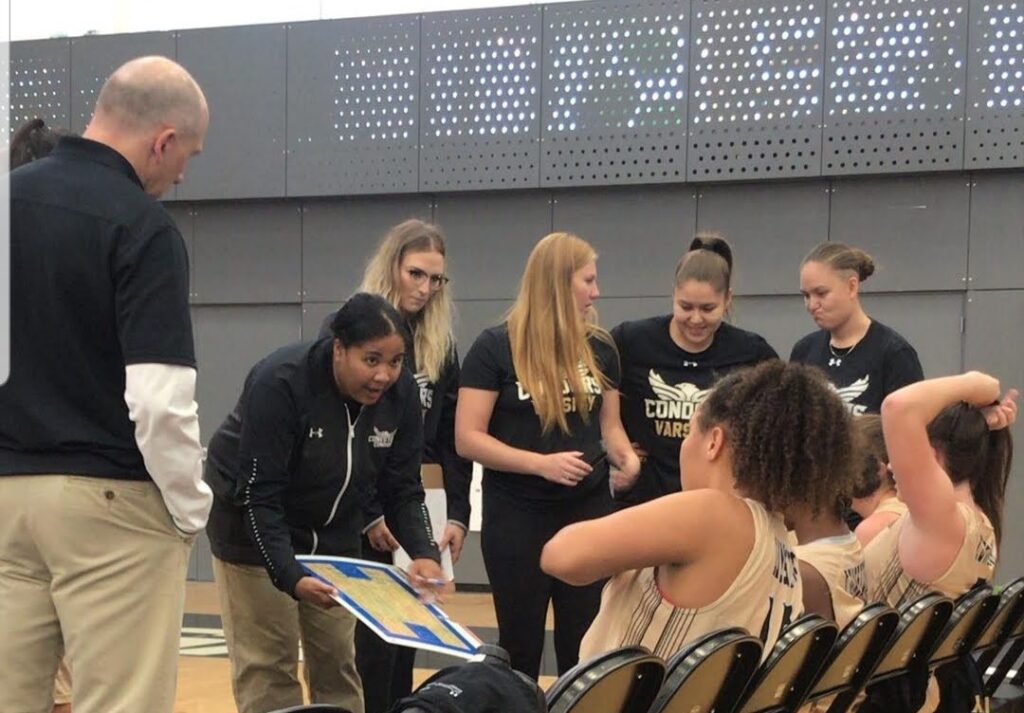Adult-oriented coaching approaches
Adult-oriented coaching approaches respect Masters athletes’ matured self-concept and how it influences their approach to learning. Research shows effective coaches consider the individuality of athletes, share their own knowledge and experience, and respect athlete preferences for effort, accountability and feedback.
How roles contribute to team success
A role outlines the specific behaviours that are expected of an individual to achieve established team goals. On a team, each role should interact seamlessly to help the team reach its untapped potential. Members will perform better individually when they understand their role, and role clarity sets the stage for team success.
How coaches and sport organizations can create a better experience for LGBTQ+ youth

Participating in sport can have many benefits for lesbian, gay or bisexual (LGBTQ+) youth. Sport has the potential to bring joy, distraction and mindfulness that frees LGBTQ+ youth from worry and fear in other domains of their lives. Sport can also provide important social connections and support for LGBTQ+ youth as they negotiate coming out….
Supporting girls and women in hockey
In a recent survey, Quebec women identified 3 primary sources of motivation for participating in hockey: desire for self-accomplishment, enjoyment, and acquisition and mastery of new skills. When coaches and sport leaders are sensitive to these motivations and provide supportive environments with positive role models, they support girls and women’s hockey participation.
Improving mentee experiences
Using an evidence-based approach, the Coaching Association of Canada (CAC) developed tools to improve the experiences of coaches in mentorship programs. Training for Effective Mentees is a free resource that equips mentees with the knowledge, connections, and tools to create a better mentorship experience.
She belongs
A positive social environment has a big impact on girls’ sport participation. For many girls, a sense of social belonging enhances their performance. Girls are also motivated to stay in sport to make friends and be part of a team. Knowing this can help coaches keep girls engaged in sport.
Jessica Ferguson ( jessica1@ualberta.ca ) @ 05/24/2022 12:46 pm
Youth injury prevention
For youth soccer players, injury prevalence and patterns vary with age. A recent study found that injuries tend to increase as players get older. Joint sprains and bone stress injuries are most common in athletes aged 16 to 18, while younger athletes are more prone to growth plate injuries. Tailoring injury prevention measures to age…
Mentoring Black women coaches: Developing confidence through relationships and learning

Photo credit: Conestoga College Condors Athletics Highlights Some coaches are the “only” in their organization: the only woman, only racialized person or only racialized woman. Being the “only” relates to feelings of otherness and isolation, threatening coaches’ confidence. Social support and environmental comfort can build coach confidence. Racism and sexism in sport in Canada can…
How reflecting can reinvest in mental health
Taking time to reflect on growth experienced during a sport season is a great way for student-athletes to reinvest in their mental health. In addition to setting goals for the future, athletes should take time to think about and celebrate how they’ve improved or what they’ve achieved. Coaches can help athletes reflect on their growth…